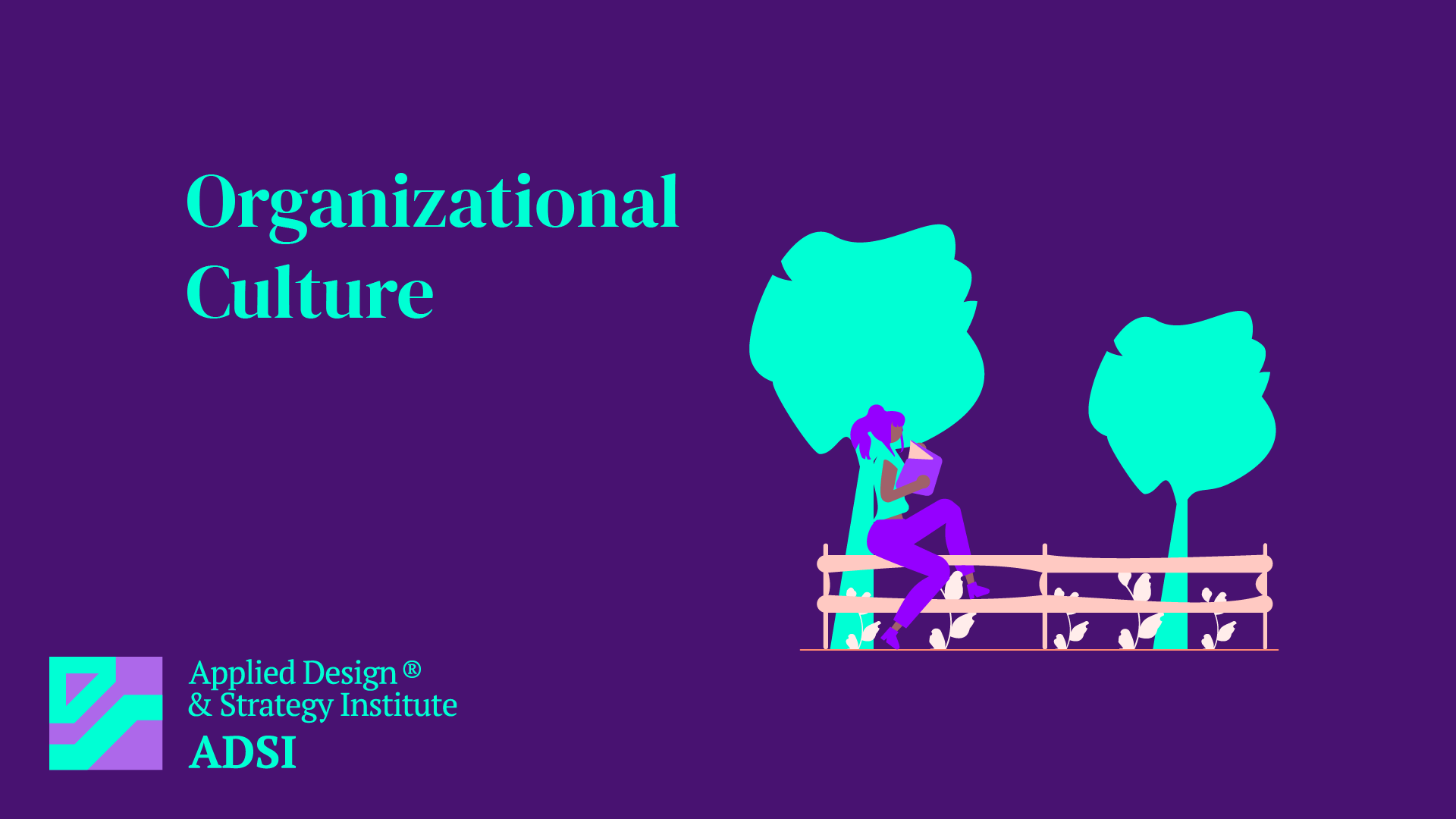Unleashing Success through Organizational Culture: A Comprehensive Exploration
In the world of business, organizational culture plays a pivotal role in shaping an organization’s identity, values, and overall success. It influences how employees interact, make decisions, and contribute to the company’s goals. In this article, we’ll dive deep into the concept of organizational culture, understanding its significance and impact on modern enterprises.
Defining Organizational Culture
Organizational culture can be described as the shared values, beliefs, norms, and behaviors that define the way an organization operates. It’s the invisible fabric that binds employees together and guides their actions and decisions.
Key Elements of Organizational Culture
- Values: These are the core principles and beliefs that the organization upholds. Values guide decision-making and behavior, influencing how employees prioritize actions and goals.
- Norms: Norms are the unwritten rules and expectations that dictate appropriate behavior within the organization. They set the standards for how employees interact and collaborate.
- Behaviors: Organizational culture is reflected in the observable behaviors of employees, both individually and collectively. It includes how they communicate, solve problems, and handle conflicts.
- Artifacts: Artifacts are the tangible manifestations of culture, such as office layout, dress code, symbols, and rituals. They serve as visible reminders of the underlying cultural norms and values.
Significance of Organizational Culture
Organizational culture has a profound impact on various aspects of a company:
- Employee Engagement: A positive and inclusive culture can lead to higher employee morale, motivation, and job satisfaction.
- Productivity and Performance: When employees align with the values and goals of the organization, they tend to be more productive and contribute to the overall success.
- Talent Attraction and Retention: A strong culture can attract top talent and retain experienced employees who resonate with the organization’s values.
- Innovation: A culture that encourages risk-taking and creativity fosters innovation and adaptability.
- Organizational Reputation: Culture shapes the perception of the company, influencing its reputation among customers, partners, and the broader community.
Types of Organizational Culture
Organizational culture can take on various forms, each with its unique characteristics:
- Innovation Culture: Emphasizes creativity, experimentation, and risk-taking. Organizations with this culture often lead in innovation and disruption.
- Collaborative Culture: Prioritizes teamwork, communication, and consensus-building. Collaboration is highly valued, and employees are encouraged to work together to achieve goals.
- Results-Oriented Culture: Focuses on performance, goal achievement, and measurable outcomes. Accountability and achievement are core values.
- Customer-Centric Culture: Puts customers at the center of decision-making and emphasizes delivering exceptional customer experiences.
- Adaptive Culture: Values flexibility and adaptability in response to changing market conditions. Employees are encouraged to embrace change.
Shaping and Evolving Organizational Culture
Organizational culture can be intentionally shaped and evolved by leadership. To influence culture:
- Define and communicate clear values and expectations.
- Lead by example, demonstrating the desired behaviors.
- Provide training and development opportunities to reinforce cultural norms.
- Encourage feedback and open communication to ensure alignment with the evolving needs of the organization.
Conclusion
Organizational culture is not just a buzzword but a critical factor that can determine the long-term success and sustainability of an organization. By understanding, nurturing, and evolving their culture, companies can create a workplace environment that fosters employee engagement, innovation, and exceptional performance. In today’s competitive landscape, a strong and positive organizational culture is a valuable asset that sets successful organizations apart.



Leave a Reply